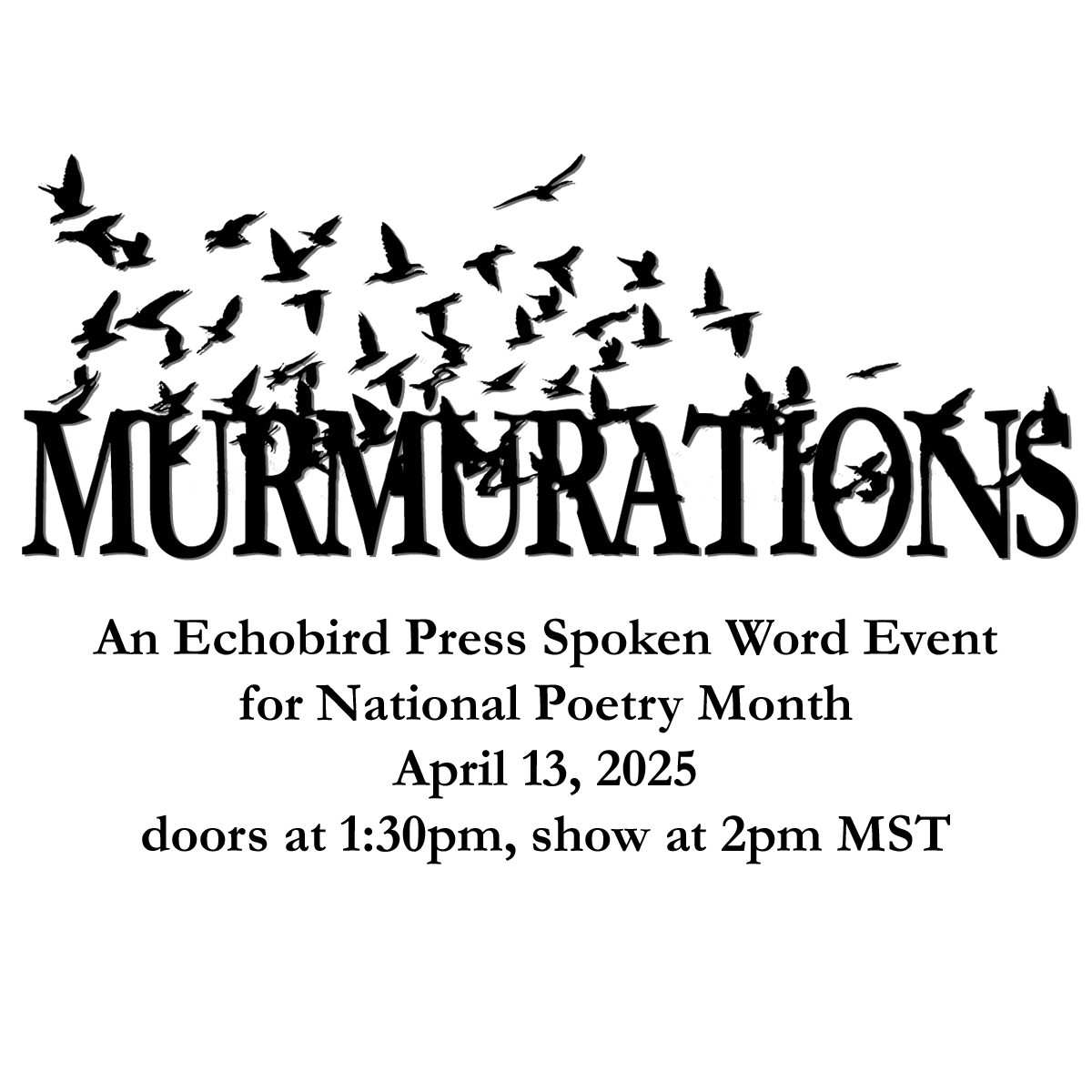Author Spotlight: Maxwell Pearl
There are no “shoulds” in writing
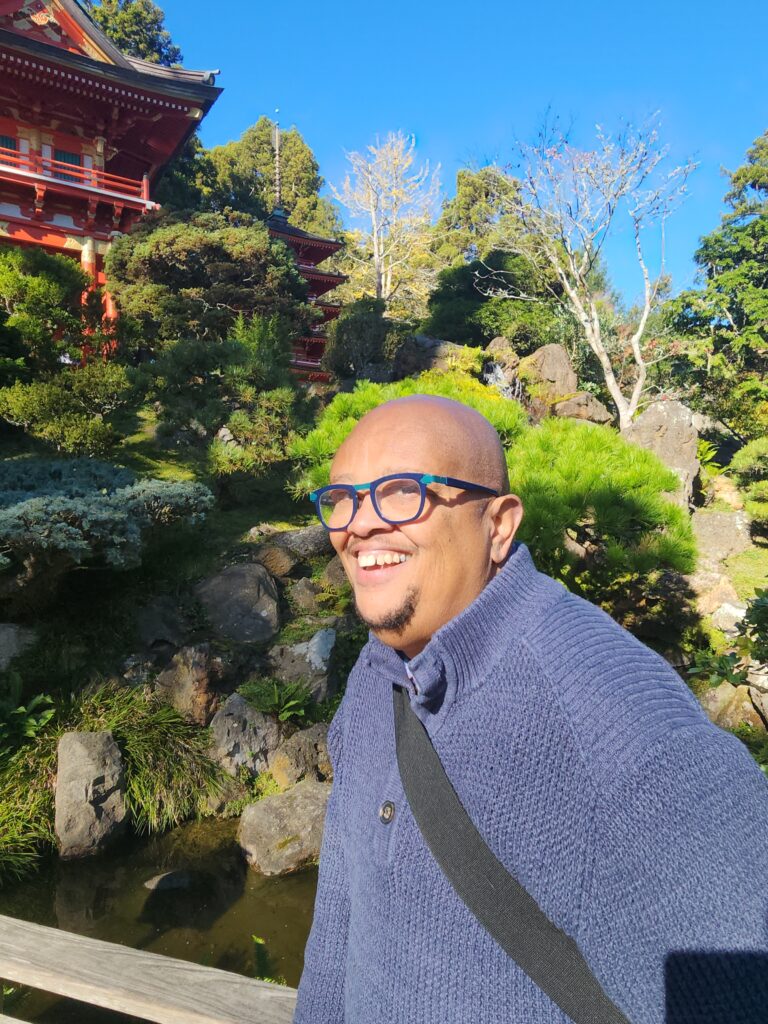
With several titles under his belt, Maxwell Pearl returns with The Artifact, his new young adult science fiction novel. Set mostly on a world divided by traditional faith and technological future, The Artifact follows Melinda as she finds something that turns her religious, luddite upbringing upside down. Available May 1, 2025, The Artifact will join Friends with Wings as another addition to Max’s works with Echobird Press!
What follows is our author spotlight, so sit back and read along and get to know Maxwell Pearl.
What is the story of your first written work and how did you feel about it? How do you feel about it now?
It depends on how you define my first written work. I spent quite a bit of time in the 80s and 90s writing poetry, which really was my first serious foray into writing. In some ways, that writing was formative for me, and I still feel a lot of fondness for it, even though I was a beginner at it.
My first big written work was my Ph.D. thesis, which was in its own way quite formative, but it was very structured and technical. I’m still happy I did it, and feel like it was interesting research. It was cited a number of times, so I guess it was useful.
Really, when I think of my first written work as a writer, per se, I think about my first novel. I wrote it in 2006, and self-published it in 2009. It was a story that had been rattling around in my head for years before then. It became the foundation of a large world-building effort on my part, eventually resulting in six novels. I still really like that initial novel and the world I created, even though I have become a very different writer than I was back then.
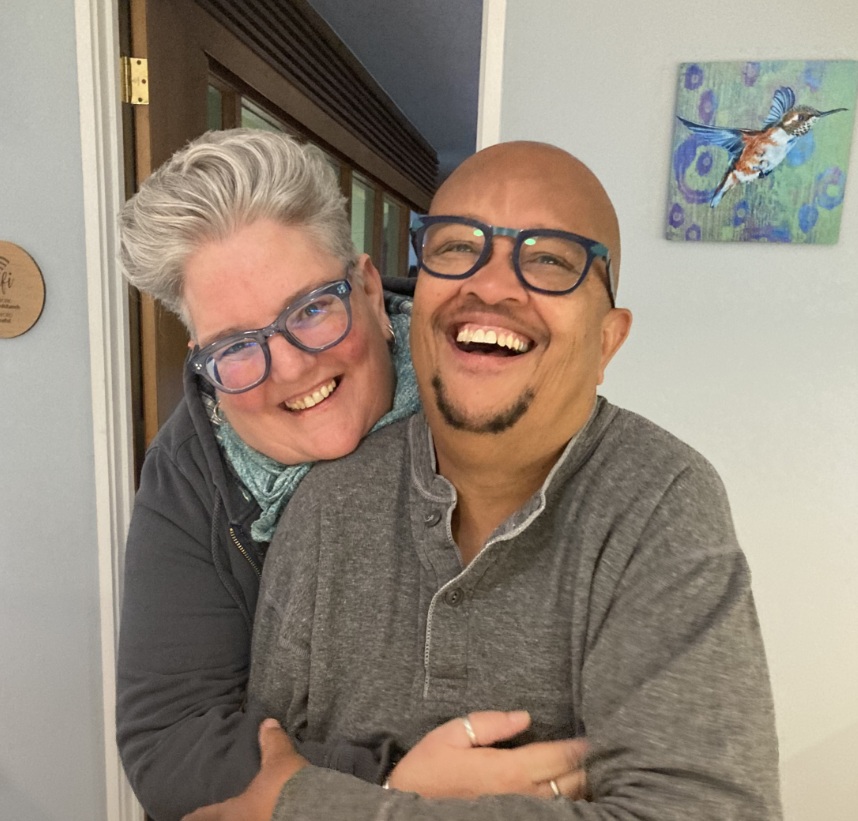
Who are the people who most shaped your writing?
I have been reading science fiction since I was very young, and have been inspired by many science fiction authors. I think my writing is most influenced by Ursula LeGuin, Octavia Butler, CJ Cherryh, Samuel Delany, Ann McCaffery, and others of their generation. Even though I don’t generally write fantasy, my fiction, particularly my world-building, has been influenced by fantasy literature by authors such as Mercedes Lackey and Robin Hobb.
But I can’t really leave out the literary fiction that has influenced me. Perhaps it hasn’t shaped my fiction writing as much as the straight-up scifi, but it has definitely influenced me as a writer. Authors such as Maya Angelou, Toni Morrison, and James Baldwin. Margaret Atwood and Marge Piercy, who both write science-fictiony books, such as Oryx and Crake and Woman on the Edge of Time respectively, were also a big influence on me.
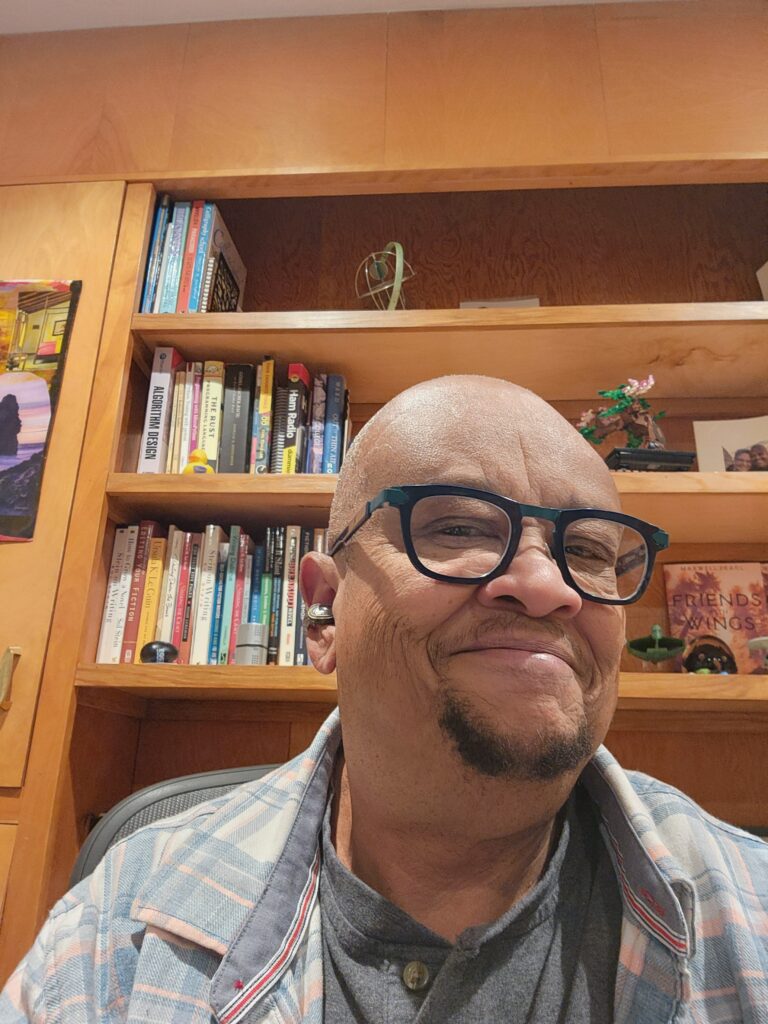
When was the first inkling that you’d be a writer?
That’s such an interesting question. When I was in eighth grade, my English teacher, whose name I thankfully do not recall, told me, in no uncertain terms: “You cannot write.” She didn’t say, “You cannot write, let’s fix this,” or any variant of that. Her statement carried with it, at least to my naïve, Black, 13-year-old self, a finality to it: the conclusion that I never would be able to write. That statement and sentiment hung on to me like an unfortunate body odor for too many years. The slight scent of it still somehow lingers with me 50-some-odd years later.
So for a very long time, I did not believe I was a writer, even though I wrote a lot. I think the first inkling was being accepted into a writing workshop given by Marge Piercy in the early 90s. And then after, when I learned that one of my co-workshop attendees, Sapphire, had a bestselling novel. (That was Push, which became the movie Precious.) It was then I realized that maybe I had it in me.
We’re publishing The Artifact this month. What drew you to write this novel? What parts of you are in this book?
I spent 4 years as a teenager and young adult as a fundamentalist Christian, and I am always fascinated by people who grow up in those settings, but find their curiosity and non-conformity forces them to escape, as I did. The Artifact is primarily about a teenager who grew up in a very insular and insulated patriarchal cult (ultimately modeled after what might happen to the Westboro Baptist Church if aliens arrived), and finds herself in a modern world she had no idea existed. And another layer of this book is the ways in which many species in the galaxy might find ways to get along with each other, or not.
It’s also a story about relationships and family, and the ways we can create and find family on our own, apart from the family we might have grown up in.
The ideas for this story kind of arose organically from the ideas of the experiences of the protagonist. As is true for most of my books, many of my main characters are somewhat blurred versions of who I might be if I was in the situation I put my characters in.
Why do you write? Why don’t you write when you know you “should”?
I write because I enjoy it. Whether it’s fiction, which is getting the fictional worlds in my head onto paper, or non-fiction, which is describing the realities of my current life and world, I really love the process and how it clarifies what’s in my brain.
There might be some level of compulsion to it, but that part is fairly minor for me. And there is likely a good bit of habit to it at this point as well—my brain is habituated into articulating itself using writing as a vehicle.
If I don’t want to write, I generally don’t write, except under some specific situations, like deadlines for things I’ve promised—then, I’ll get it done, usually. But for me, in general, there are no “shoulds” in writing.
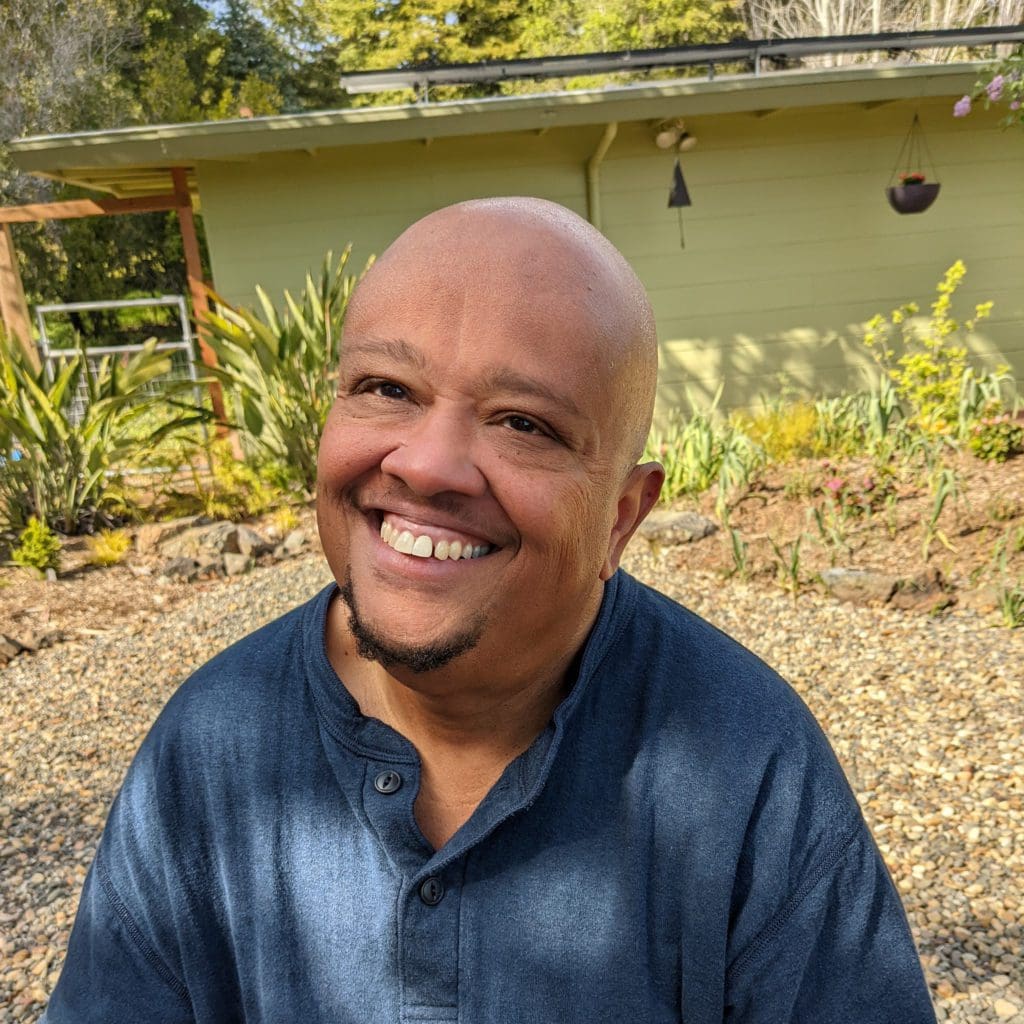
What is the setting for the most memorable writing experience you’ve ever had?
The most memorable setting was when I spent a week writing in a house in the high desert mountains of southern California that a friend of mine used to live in. It had breathtaking views and was so quiet. I remember vividly one late afternoon, when the sun was low in the sky, and there were vivid orange and red light coming into the large living room where I had been sitting for days banging out the first parts of my first novel. Everything else except the light and the story I was telling had faded away.
How can writing contribute to the human organism?
Writing is an ancient form of communication and also an ancient art form. People have been telling stories by writing them down for thousands of years now. From the early epics and stories of creation to the thousands and thousands of books created every year in every genre now, reading and writing have been central to the human experience.
Speculative fiction, and science fiction specifically, provides us with a really interesting way of thinking about the way we live now, and the kind of future we can have. Past science fiction provided visions of the future, the future that is now, and those ideas and concepts are actually with us daily.
I like to think that if we turned our attention and effort to envisioning futures that are better, more equitable, more sustainable, and more compassionate, we would be in better shape to move ourselves into that direction.
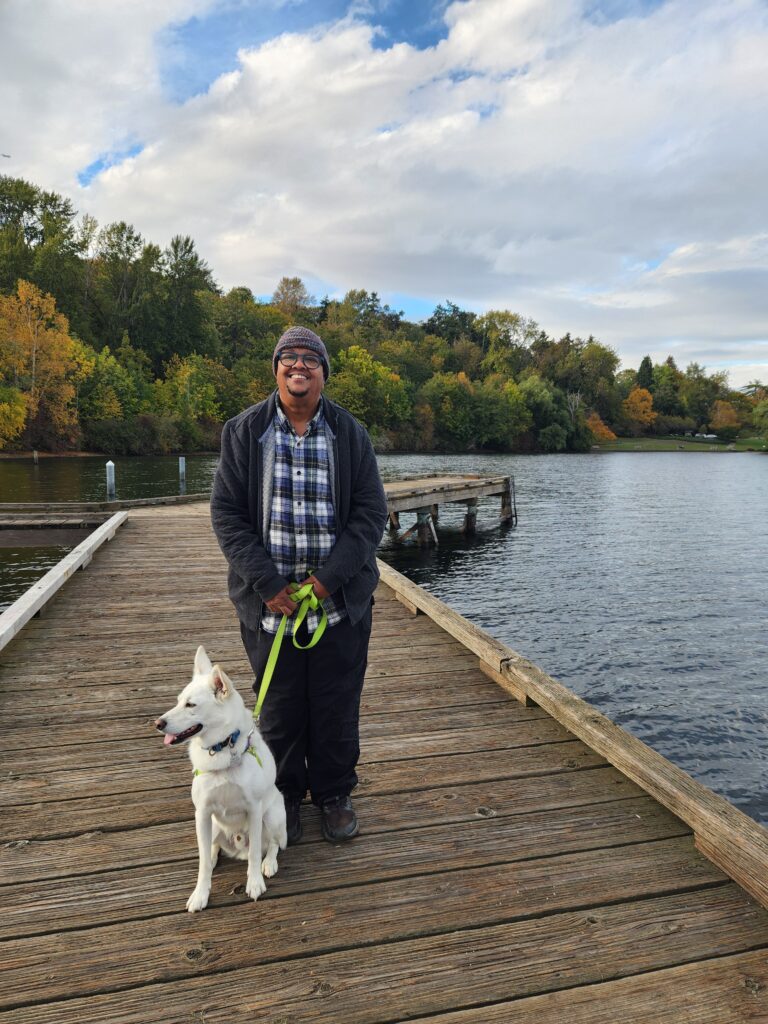
Who do you write for? Who are your words for?
I have to admit that my first and primary audience is pretty much always me. But I do write for others, and certainly hope others read what I write.
That said, my writing includes a lot of social and political commentary, and I like to build worlds that are equitable and sustainable. I like writing hopeful, optimistic fiction, even as it expresses the complex and sometimes brutal, violent reality of human beings. I like to incorporate themes like science, technology, language, spirituality and culture into my writing, because I am fascinated by those things, and their interactions and intersections. And I want people who are also fascinated by those things to enjoy the interplay that I try to lay out in my plots and world-building.
